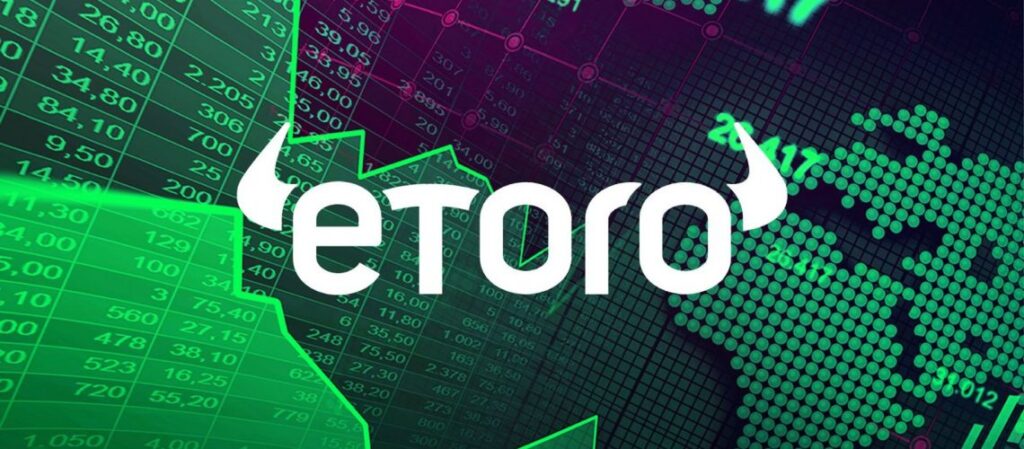In a significant move by the Securities and Exchange Commission of the Philippines, any “salesmen, brokers, dealers or agents” promoting eToro within the country now face severe repercussions.
As per the local regulator’s statement, engaging in such activities could result in a hefty monetary fine of 5 million pesos (approximately US$88,500), imprisonment for up to 21 years, or both.
This stringent measure follows the regulator’s determination that eToro is “not authorized to sell or offer securities to the public in the Philippines.”
This announcement was made through an advisory issued on March 14 and later shared with the public.
The Philippines’ stance is clear: entities offering securities and investment products must ensure these are locally registered and backed by a corporation or dealer within the country.
Additionally, these entities must possess a secondary license to publicly sell or offer securities.
The SEC’s advisory pointed out that eToro fails to meet these requirements, as it neither holds the necessary registration as a corporation in the Philippines nor the license to offer securities.
eToro, a platform known for its diverse offerings ranging from equities and cryptocurrencies to contracts for differences among other assets, is headquartered in Israel.
Although it holds registrations and regulations in several countries globally, including the United Kingdom, Cyprus, and the United States, it lacks the authorization to operate in the Philippines.
The Filipino regulator has criticized eToro for marketing to Filipinos and enabling them to open accounts for trading unregistered investment products.
Despite these accusations, eToro refuted claims of actively promoting its services in the Philippines.
A spokesperson from eToro emphasized the company’s commitment to its legal and regulatory obligations across its global operations, noting its absence of a local presence or active marketing efforts in the Philippines.
Amidst these regulatory challenges, eToro is eyeing growth through a potential initial public offering in the United States.
This follows an unsuccessful reverse merger attempt, with CEO Yoni Assia expressing ambitions for a valuation exceeding $3.5 billion.
The company’s situation underscores the intricate balance between global expansion and adherence to local regulatory frameworks.
